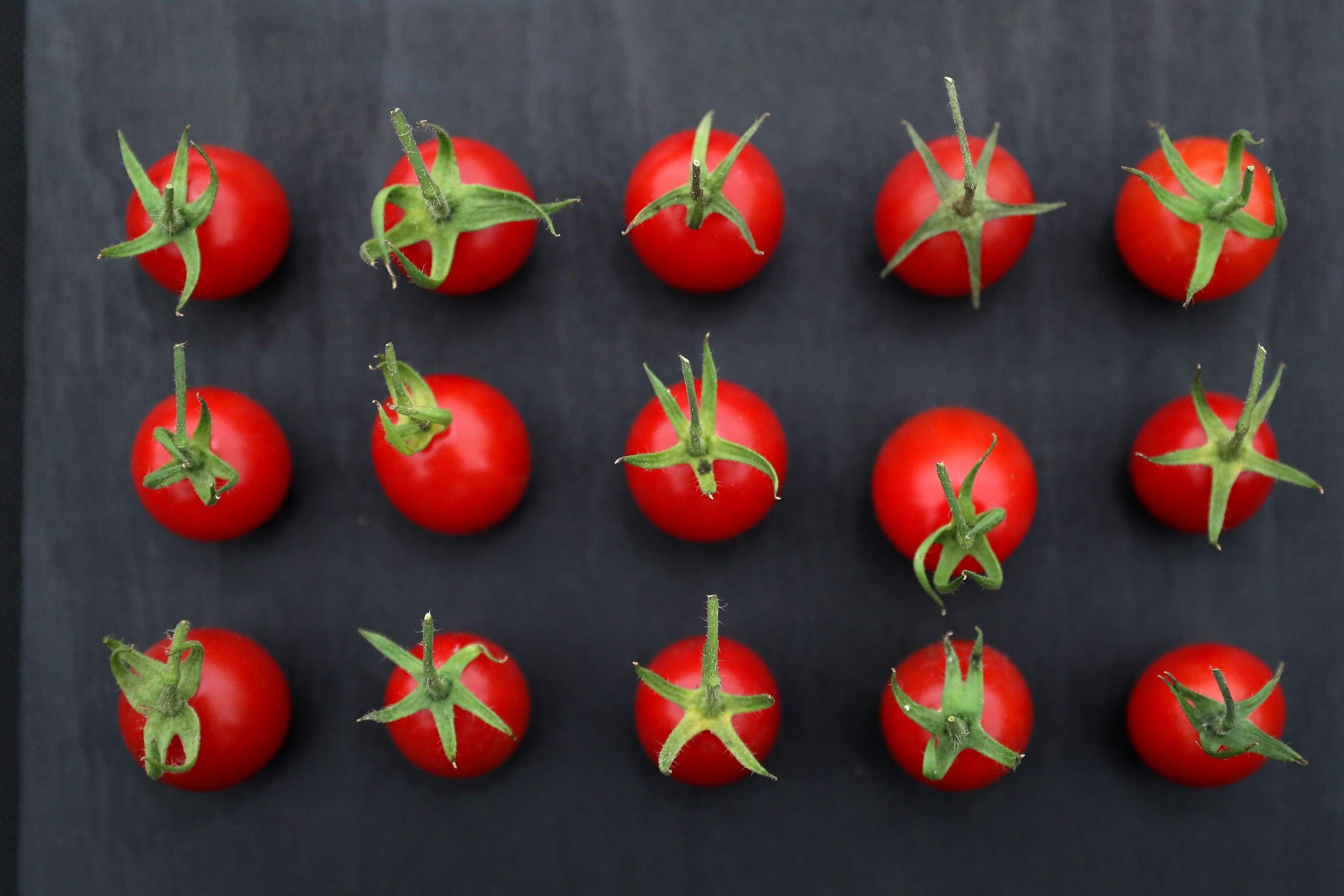This website uses cookies so that we can provide you with the best user experience possible. Cookie information is stored in your browser and performs functions such as recognising you when you return to our website and helping our team to understand which sections of the website you find most interesting and useful.
Your support helps us to tell the story
From reproductive rights to climate change to Big Tech, The Independent is on the ground when the story is developing. Whether it's investigating the financials of Elon Musk's pro-Trump PAC or producing our latest documentary, 'The A Word', which shines a light on the American women fighting for reproductive rights, we know how important it is to parse out the facts from the messaging.
At such a critical moment in US history, we need reporters on the ground. Your donation allows us to keep sending journalists to speak to both sides of the story.
The Independent is trusted by Americans across the entire political spectrum. And unlike many other quality news outlets, we choose not to lock Americans out of our reporting and analysis with paywalls. We believe quality journalism should be available to everyone, paid for by those who can afford it.
Your support makes all the difference.
Scientists could find a way to make tomatoes sweeter without sacrificing their size, research suggests.
Experts said that most consumers prefer sweeter tomatoes and higher sugar content increases the value of the tomato for the tomato processing industry.
However, it can be difficult to achieve both sweetness and size in tomato plants.
But a new study suggests that altering two genes can result in sweeter tomatoes, without their size or yield being compromised.
Chinese researchers compared cultivated and wild tomato species and identified two genes, SlCDPK27 and SlCDPK26, behind sugar accumulation in tomatoes.
Using the gene-editing tool known as Crispr, the scientists knocked out these genes in tomatoes and found that glucose and fructose levels increased by up to 30% in the fruit, without reducing weight or yield from the plants.

Although the gene-edited tomatoes produced fewer and lighter seeds, the seed health and germination rates were only minimally affected, the researchers noted.
Writing in the journal Nature, Sanwen Huang, from the Chinese Academy of Agricultural Sciences, and colleagues, said: “Together, these findings provide insight into the regulatory mechanisms controlling fruit sugar accumulation in tomato and offer opportunities to increase sugar content in large-fruited cultivars without sacrificing size and yield.”
They added that the findings provide a possible solution for improving sugar content without reduction in fruit yield for modern commercial varieties, “which are preferred by both consumers and producers, and Crispr-edited ‘sweetness-promoting’ tomatoes may be available to consumers in the near future”.
According to the researchers, during the domestication of tomatoes, breeders have prioritised fruit size, resulting in fruits that are now 10–100 times larger than their wild ancestor, but this has come at the expense of sweetness.
The scientists also found that the two genes they identified are found in a range of plant species, suggesting that the findings could potentially be applied to other crops.
In an accompanying News and Views article, also published in Nature, Amy Lanctot and Patrick Shih said that the “work represents an exciting step forward in the understanding of resource partitioning in the fruit, and its implications for crop improvement worldwide”.



 Africana55 Radio
Africana55 Radio 
